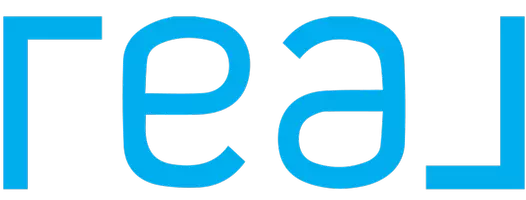The Importance of Homeownership Education Programs

Homeownership education programs play a crucial role in empowering individuals and communities by providing valuable information and resources to prospective homebuyers. These programs aim to educate participants on various aspects of the homebuying process, financial literacy, and responsible homeownership. Here are key reasons highlighting the importance of homeownership education programs:
-
Informed Decision-Making:
- Homeownership education programs equip participants with the knowledge needed to make informed decisions about buying a home. Understanding the process, including financing options, helps individuals navigate the complexities of real estate transactions.
-
Financial Literacy:
- These programs often include components on financial literacy, teaching participants about budgeting, credit management, and mortgage options. Improved financial literacy enhances individuals' ability to manage their finances effectively, leading to better long-term financial outcomes.
-
Down Payment Assistance:
- Many homeownership education programs provide information about available down payment assistance programs. Educating potential homebuyers on these resources can help make homeownership more accessible, particularly for those with limited financial resources.
-
Understanding Credit:
- Credit plays a critical role in the homebuying process. Homeownership education programs educate participants about credit scores, how they impact mortgage eligibility and interest rates, and strategies for improving creditworthiness.
-
Preventing Foreclosure:
- Understanding the responsibilities and obligations of homeownership is essential for preventing foreclosure. Education programs provide insights into mortgage terms, repayment structures, and strategies to avoid financial difficulties that may lead to foreclosure.
-
Navigating the Homebuying Process:
- The homebuying process involves numerous steps, from finding the right property to securing financing and closing the deal. Homeownership education programs guide participants through each stage, helping them navigate potential challenges and pitfalls.
-
Legal and Contractual Understanding:
- Understanding legal aspects and contractual obligations is crucial in real estate transactions. Homeownership education programs educate participants about legal considerations, contract terms, and the importance of due diligence during the homebuying process.
-
Home Maintenance and Repairs:
- Responsible homeownership involves ongoing maintenance and occasional repairs. Education programs provide insights into home maintenance best practices, helping homeowners preserve the value of their investments and avoid costly issues.
-
Community Stabilization:
- By promoting responsible homeownership, these programs contribute to community stabilization. Informed and financially literate homeowners are more likely to contribute positively to their neighborhoods, fostering a sense of stability and community pride.
-
Access to Affordable Housing:
- Homeownership education programs often emphasize the importance of affordable housing options. Participants gain insights into various housing programs, subsidies, and initiatives that can make homeownership more attainable.
-
Risk Mitigation:
- Educated homebuyers are better equipped to identify and mitigate risks associated with homeownership. This includes understanding market trends, potential property issues, and the importance of property insurance.
-
Empowering Underserved Communities:
- Homeownership education programs can play a vital role in empowering underserved communities. By providing access to information and resources, these programs help bridge gaps in homeownership rates and promote economic empowerment.
-
Promoting Sustainable Homeownership:
- Sustainable homeownership involves long-term financial stability and responsible property management. Education programs instill a sense of responsibility and commitment, contributing to the sustainability of homeownership for individuals and communities.
-
Post-Purchase Education:
- Beyond the initial purchase, homeownership education programs may offer post-purchase education. This addresses ongoing financial management, home maintenance, and community engagement, ensuring that homeowners continue to thrive after the purchase.
-
Government and Lender Requirements:
- Some government programs and lenders require homeownership education as a prerequisite for certain benefits or financing options. Completing an education program may enhance eligibility for assistance or favorable loan terms.
Overall, homeownership education programs provide a foundation for successful and sustainable homeownership. Whether individuals are first-time homebuyers or seeking to enhance their understanding of the homeownership process, these programs contribute to more informed, financially literate, and responsible homeowners, benefiting both individuals and the broader community.
Contact The Next Door Team for a personalized, professional real estate experience.
Danielle Witte - Colorado Realtor, Certified Luxury Home Marketing Specialist
Your Westminster Real Estate Expert with over 13 years of Experience
Recent Posts










GET MORE INFORMATION

Team Lead | License ID: 100041185

